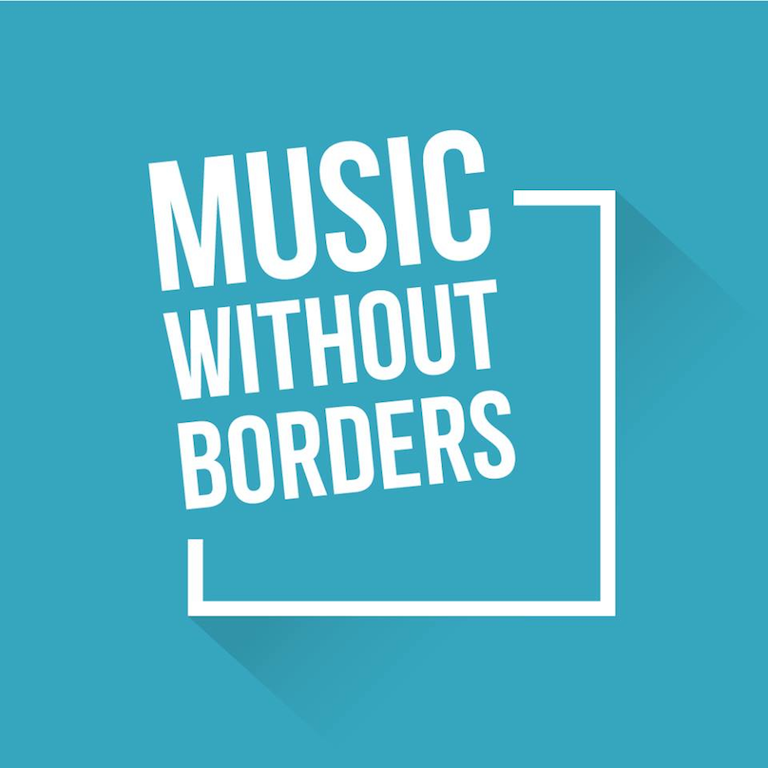Terri Lyne Carrington & Social Science
Jazz and Gender Justice
Saturday, December 11, 2021 at 8:00 PM at South Orange Performing Arts Center
Grammy Award-winning drummer, producer, educator, activist, 2019 Doris Duke Award recipient and 2020 NEA Jazz Masters Fellow Terri Lyne Carrington, and her band Social Science, boldly confront social justice issues with their “gritty and politically charged hybrid of Jazz, Rock, Rap and R&B” (The Sydney Morning Herald).
Terri Lyne Carrington & Social Science
“A slow-Funk project rooted in the rhetoric of protest.”
The New York Times“A gritty and politically charged hybrid of Jazz, Rock, Rap and R&B… Undeniably music as social activism – sometimes tough and uncompromising, bristling with elusive grooves, but also glinting with a kind of dark beauty.”
The Sydney Morning Herald
Galvanized by seismic changes in the ever-evolving social and political landscape, Terri Lyne Carrington and Social Science confront a wide spectrum of social justice issues. The band’s stunning double disc debut, Waiting Game, released in 2019, immediately took its place in the stirring lineage of politically conscious and activist music, expressing an unflinching, inclusive, and compassionate view of humanity’s breaks and bonds. Waiting Game is as thought-provoking and artistically evocative as it is musically exhilarating. Produced by Carrington and built around her friendship and collaboration with co-producers, pianist Aaron Parks and guitarist Matthew Stevens, and additional band members Morgan Guerin (bass & sax), Debo Ray (vocals) and Kassa Overall (MC/DJ), the album features a diverse ensemble that spans multiple generations, racial, ethnic, sexual and gender identities. The band states: “Along with a message of wakefulness, inclusiveness, and noncompliance, we’ve summoned our musical influences to offer an eclectic alternative to the mainstream. Music transcends, breaks barriers, strengthens us, and heals old wounds. Music is Social Science.”
When Social Science was in its early stages, Carrington also founded the Institute of Jazz and Gender Justice at Boston’s Berklee College of Music, where she holds the position of Zildjian Chair in Performance. Both projects point to Carrington’s drive to combine her musical passion with her profound regard for humanity, inflamed by the cultural divisiveness brought into the light by the 2016 presidential election.
Waiting Game is not the first time that Carrington has addressed her concerns for society, though it is the most direct and impactful. On her 2013 release Money Jungle: Provocative in Blue (Grammy Award winner for Best Jazz Instrumental Album), she offered a 21st-century reimagining of the Ellington-Mingus-Roach classic with a jaundiced eye on late-stage capitalism. Her previous and first Grammy Award-winning album, The Mosaic Project (2012) let its all-star, all-female ensemble speak for itself, though its argument for gender equity in Jazz rang through loud and clear.
The subjects addressed on Waiting Game run the gamut of social concerns: mass incarceration (“Trapped in the American Dream,” featuring Kassa Overall’s bold rap); police brutality (“Bells [Ring Loudly]),” intoned by actor Malcolm-Jamal Warner); homophobia (“Pray The Gay Away,” featuring Nicholas Payton’s impassioned horn); the genocide of indigenous Americans (“Purple Mountains,” featuring Kokayi); political imprisonment (“No Justice [for political prisoners]),” with Meshell Ndegeocello’s recitation in honor of iconic resistance voices, and gender equity (as expressed in the powerful messages of “The Anthem,” featuring Rapsody and “If Not Now,” featuring Maimouna Youssef).
“There is a tremendous amount of work to be done if we want to make this country actually live up to its as-yet-unrealized aspirations toward true freedom and equality,” adds Aaron Parks. “Activists and organizers have been doing a lot of the heavy lifting for a long time, and are absolutely crucial, but there’s an important role for everyone to play in this process. As a member of Social Science, I aim to listen to, learn from, and amplify the voices of those who have been far too often marginalized and unheard. To help to share these stories, these songs of outrage, of hope, of despair, of healing, of love.”
